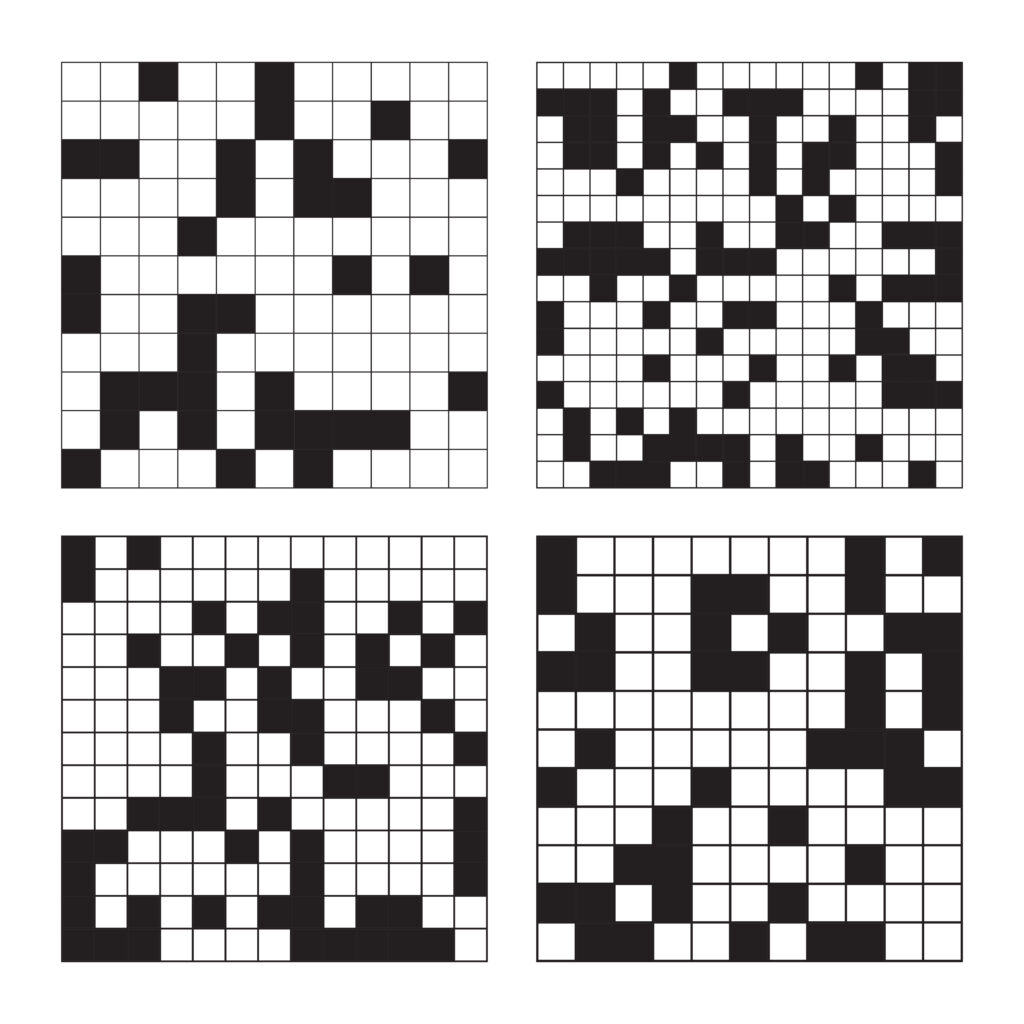Few things lift the spirit like laughter. It brightens a room. This puzzle eases tension. It brings people together. But what happens when this laughter becomes a clue in a crossword puzzle? That’s where the phrase “joyous laughter nyt” comes into play.
This phrase, often searched by crossword lovers, holds more meaning than it seems. It’s not just a puzzle clue. It’s a small window into the joy of solving, the culture of the New York Times crossword, and the deep emotional connection people have with laughter itself.
Let’s break it down.
Why “Joyous Laughter NYT” Matters
The New York Times crossword is no ordinary puzzle. It’s a daily ritual for millions. Known for its clever clues and cultural references, it challenges both new solvers and seasoned pros. One clue that frequently appears in different forms is “joyous laughter.”
Usually, the answer is short. Something like “glee,” “guffaw,” or “giggle.” But this clue does more than test vocabulary. It taps into something emotional. When solvers look up “joyous laughter nyt,” they’re not just searching for an answer. They’re connecting with a mood. A feeling. A moment of lightness.
Laughter and Crosswords: A Natural Pair
Solving a crossword is a mental workout. It’s a process of trial and error, pattern recognition, and deduction. But it’s also fun. It’s even better when you crack a joke hidden in a clue. That’s where laughter comes in.
The clue “joyous laughter” fits perfectly with the tone of many NYT puzzles. They’re often witty. Many solvers chuckle at the puns and plays on words. Sometimes, clues double as jokes themselves.
This emotional connection—between the puzzle and the person—is part of what makes the NYT crossword so beloved.
The Psychology of Joyous Laughter
Laughter isn’t just a response to humor. It’s a biological release. It relieves stress, strengthens social bonds, and even boosts immunity.
Researchers have studied laughter’s effects on the brain. They found it activates the amygdala and hippocampus, areas linked to memory and emotion. This means laughter literally makes experiences more memorable.
When someone finds the answer to a clue like “joyous laughter,” they feel a burst of satisfaction. That little “aha!” moment triggers joy. Combine that with laughter, and you get a double dose of feel-good chemicals like dopamine and serotonin.
So when we talk about “joyous laughter nyt,” we’re not just talking about a crossword answer. We’re talking about a tiny moment of happiness that millions share.
A Cultural Snapshot
The NYT crossword reflects modern language and trends. That includes emotions like joy, sadness, and yes—laughter.
“Joyous laughter” as a clue has been used across decades. Its staying power shows how some expressions remain timeless. Despite changes in slang and pop culture, laughter never goes out of style.
Solvers from the 1960s to today have encountered this phrase in some form. And while the answers may vary, the feeling behind them stays the same.
How To Decode Clues Like “Joyous Laughter”
If you’re stuck on a clue like “joyous laughter,” don’t worry. Here are some strategies:
- Count the boxes: If it’s 3 letters, think “glee.” If it’s longer, maybe “chortle” or “guffaw.”
- Think synonyms: Try to come up with words related to joy and laughing.
- Look at crossing letters: Other answers can help you eliminate or confirm possibilities.
- Consider tone: The NYT puzzle often uses playful or punny language. Keep your mind open to less obvious answers.
By applying these steps, you sharpen your problem-solving skills—and enjoy the journey more.
How “Joyous Laughter NYT” Shows Up Online
A quick search shows that many crossword fans type “joyous laughter nyt” into Google. They’re usually trying to solve a tricky clue. But what they find is more than a one-word answer. They discover blogs, Reddit threads, and solver communities.
These forums are full of laughter, too. People joke about tough puzzles. They share stories about solving with their kids or partners. They vent frustrations and celebrate victories. All of it adds up to one thing: connection.
Laughter in the Puzzle Community
Crossword solvers form a unique community. Whether online or in person, they bond over shared challenges. Laughter plays a big role here.
When solvers gather at events like the American Crossword Puzzle Tournament, laughter fills the room. It’s competitive, yes. But also warm, supportive, and often funny.
Even the NYT crossword’s editor, Will Shortz, is known for his playful clue style. He encourages humor, wit, and cleverness. In that way, “joyous laughter” isn’t just a clue—it’s a philosophy.
Final Thoughts: More Than Just a Clue
“Joyous laughter nyt” might seem like a simple search. But behind those three words lies a rich world.
It’s about puzzles. Joyous about joy. It’s about community. And it’s about the small moments that make life brighter—whether that’s laughing at a clue or solving one with a friend.
So the next time you see “joyous laughter” in a puzzle, smile. You’re part of something bigger.

